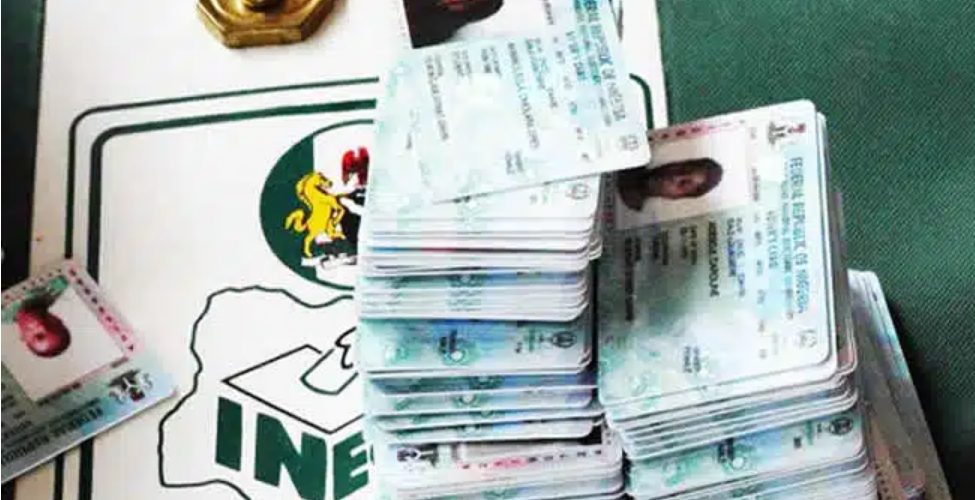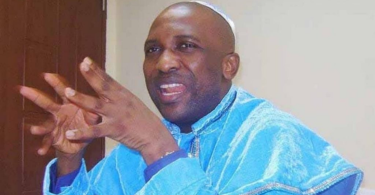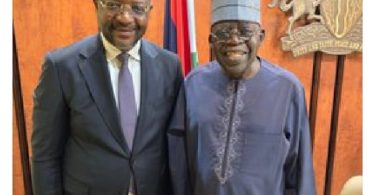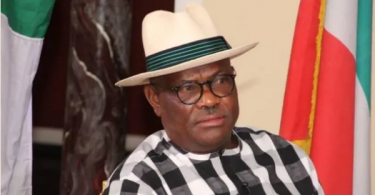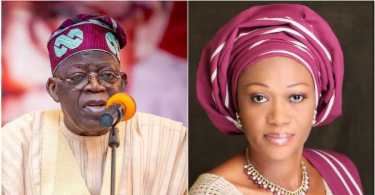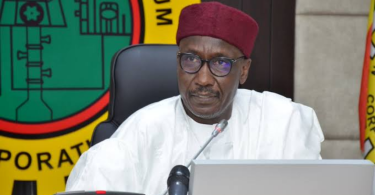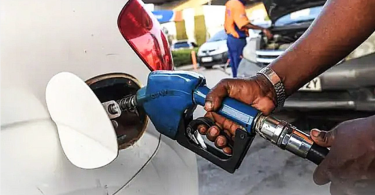March 18 Elections: INEC Files Appeal, Insists On Use Of PVC
The Independent National Electoral Commission, INEC, has approached the Abuja Division of the Court of Appeal, praying it to set aside the judgement that ordered it to allow electorates with Temporary Voter Cards, TVC, to vote in the Governorship and National Assembly elections billed for Saturday.
In the legal process it filed through a team of lawyers led by Mr. Taminu Inuwa, SAN, the electoral body applied for “an order of injunction against execution of the judgement delivered 9th March 2023, directing the Applicant to allow the Plaintiffs/Respondents to use the Temporary Voter Cards in lieu of the Permanent Voter Cards for the 2023 general election”, pending the determination of its appeal.
INEC, in its three grounds of appeal, maintained that the Federal High Court in Abuja erred in its judgement, when it dismissed its position that allowing use of the TVC would amount to usurpation of the powers of the National Assembly under Item II of the concurrent legislative list………………….CONTINUE READING
It faulted the trial court for declaring that PVC was not mentioned in the Constitution or the Electoral Act as a condition to be allowed to vote or as the only means a voter would be entitled to be verified, accredited and to vote.
According to INEC, “by combined provision of Section 47 (1) & (2) of the Electoral Act 2022 and Paragraph 5(IV) of INEC Regulations & Guidelines for the conduct of elections 2022, a person is eligible to vote at an election conducted by the Commission, if he or she presents a valid PVC at the polling unit in which he is registered as a voter”.
It further argued that by virtue of section 18(3) of the Electoral Act 2022, “the intendment of the lawmakers is clear for the effect that a PVC is the only valid instrument for voter accreditation at polling unit with the use of BVAS machine in elections”.
“The whole essence of the Manual & Guidelines was defeated by the decision of the trial court when it embarked on judicial legislation and jettisoned the relevance and import of the said Manual & Guidelines which prescribed in detail, accreditation and voting procedure with the exclusive use of PVCs”, INEC added.
It will be recalled that Justice Obiora Egwuatu of the high court had in his judgement, ordered INEC to allow two aggrieved registered voters, Kofoworola Olusegun and Wilson Allwell, to participate in the elections with their TVCs.
The plaintiffs had in their suit marked: FHC/ABJ/CS/180/2023, lamented that despite their effort and repeated visits to INEC office, they were unable to obtain their PVCs, before February 6 which the electoral body fixed as deadline for collection of the cards.
The trial court held that evidence before it established that the plaintiffs were duly registered with their details captured in INEC’s database.
It, therefore, issued an order, compelling INEC to allow them to vote during the forthcoming elections, using the TVC issued by the electoral body, having been duly captured in the National Register of Voter’s database.
Meanwhile, the plaintiffs, on Thursday, confirmed service of INEC’s appeal on them, even as they accused the electoral body of attempting to breach their constitutional right to participate in the elections.
Speaking through their lead counsel, Mr Victor Opatola, the plaintiffs said they would challenge the appeal.
“We have only just received their notice of appeal and application for stay of execution of the judgment and we have five days (starting from today) within which to reply to them and be heard in court.
“It is the law that stay of execution and filing of notice of Appeal does not invalidate the existing judgement of Federal High Court in this matter.
“We will respond within time and they would have their day in court to move their Motion for Stay. However, INEC is mandated by law to comply with the subsisting judgment of court until the court of appeals decides otherwise
“It is also trite law, that the judgment of Court is valid until set aside and takes effect immediately upon pronouncement by the Court, and that as soon as the Court makes the order, that order takes immediate effect”, counsel to the plaintiffs added.

